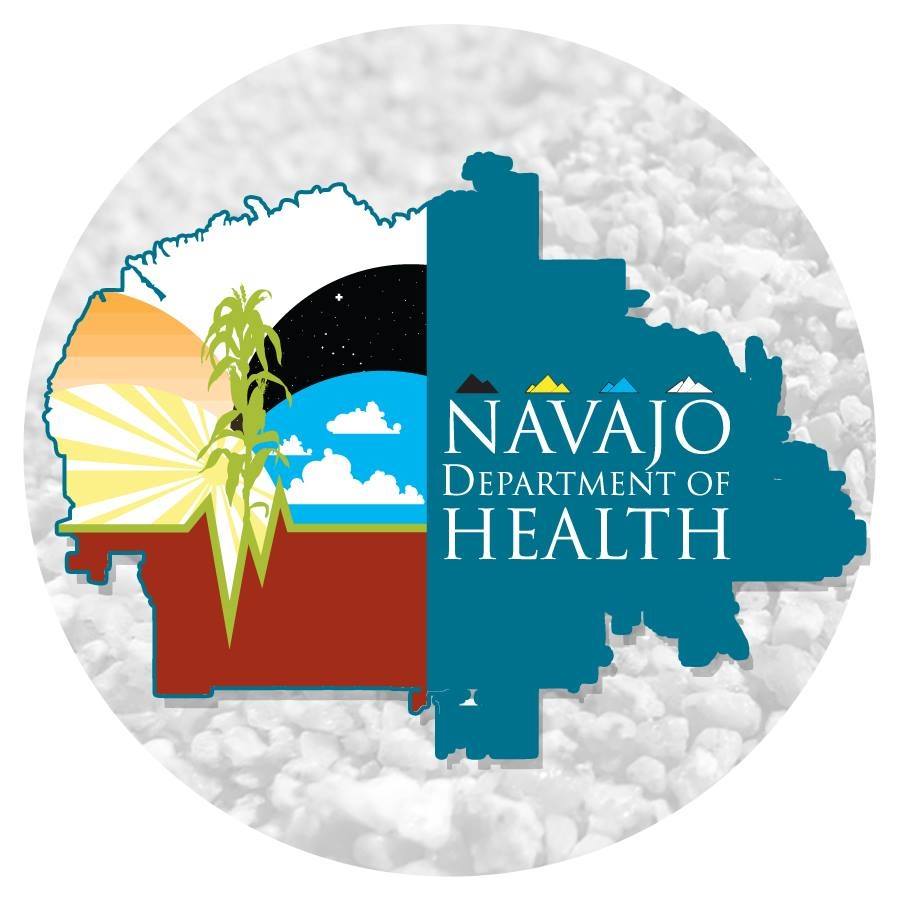
This is the second COVID-19 variant of concern that has been identified on the Navajo Nation. On March 30, the Navajo Department of Health announced the first case of the U.K. variant found in the western portion of the Navajo Nation.
From the Navajo Nation Department of Health
Tuesday, April 6, 2021
On Tuesday, Navajo Nation President Jonathan Nez was joined by Navajo Department of Health Executive Director Dr. Jill Jim, Navajo Area IHS officials, and Dr. Laura Hammitt with John Hopkins University, as he announced the first confirmed case of the COVID-19 B.1.429 variant on the Navajo Nation, which came from a test sample obtained in the Chinle Service Unit area. The variant was first identified in the state of California and has since been detected across the southwest U.S.
This is the second COVID-19 variant of concern that has been identified on the Navajo Nation. On March 30, the Navajo Department of Health announced the first case of the U.K. variant found in the western portion of the Navajo Nation.
“Everyone should be informed about the two variants that have been identified here on the Navajo Nation. There is still much to be learned about the B.1.429 variant, commonly known as the California variant. At this point, the California variant has been detected in all of the states that surround the Navajo Nation. The Navajo Department of Health continues to work with states and other partners to conduct surveillance to help identify if there are more variant cases. We have to continue taking all precautions by wearing one or two masks, avoiding medium to large in-person gatherings, practicing social distancing, getting tested if symptoms occur, and washing your hands often,” said President Nez.
According to the Navajo Department of Health, the person who tested positive for the B.1.429 variant has recovered. Contact tracing has been completed. The Navajo Epidemiology Center, under the Navajo Department of Health and Health Command Operations Center, continues to coordinate with states and other testing facilities to sequence samples for the variants.
The B.1.429 variant is notable because it has increased transmissibility, meaning that it can spread from person to person at a greater rate. One of the monoclonal antibody treatments (bamlanivimab) has limited activity against the B.1.429 variant. However, other monoclonal antibody treatments are available that are effective.
“We already know how to prevent the spread of COVID-19 and it’s no different with the two variants that have now been identified on the Navajo Nation. If we isolate the ourselves, we isolate the virus and that’s why it’s very important to get tested if you feel symptoms related to COVID-19. The quicker that a person isolates themself after being notified of a positive test result, the greater chance of reducing the spread. We have to remain diligent and support one another. We will overcome this pandemic, but we have to do it together,” said Vice President Lizer.
For more information, including helpful prevention tips, and resources to help stop the spread of COVID-19, visit the Navajo Department of Health's COVID-19 website: http://www.ndoh.navajo-nsn.gov/COVID-19. For COVID-19 related questions and information, call (928) 871-7014.



